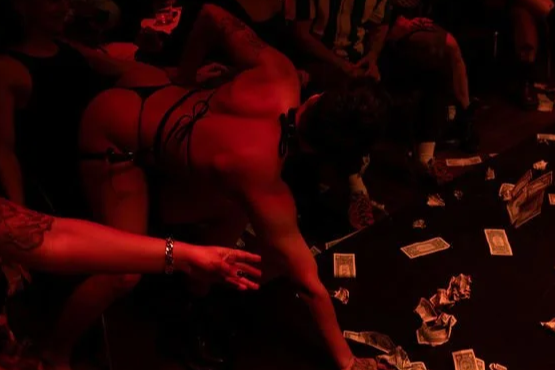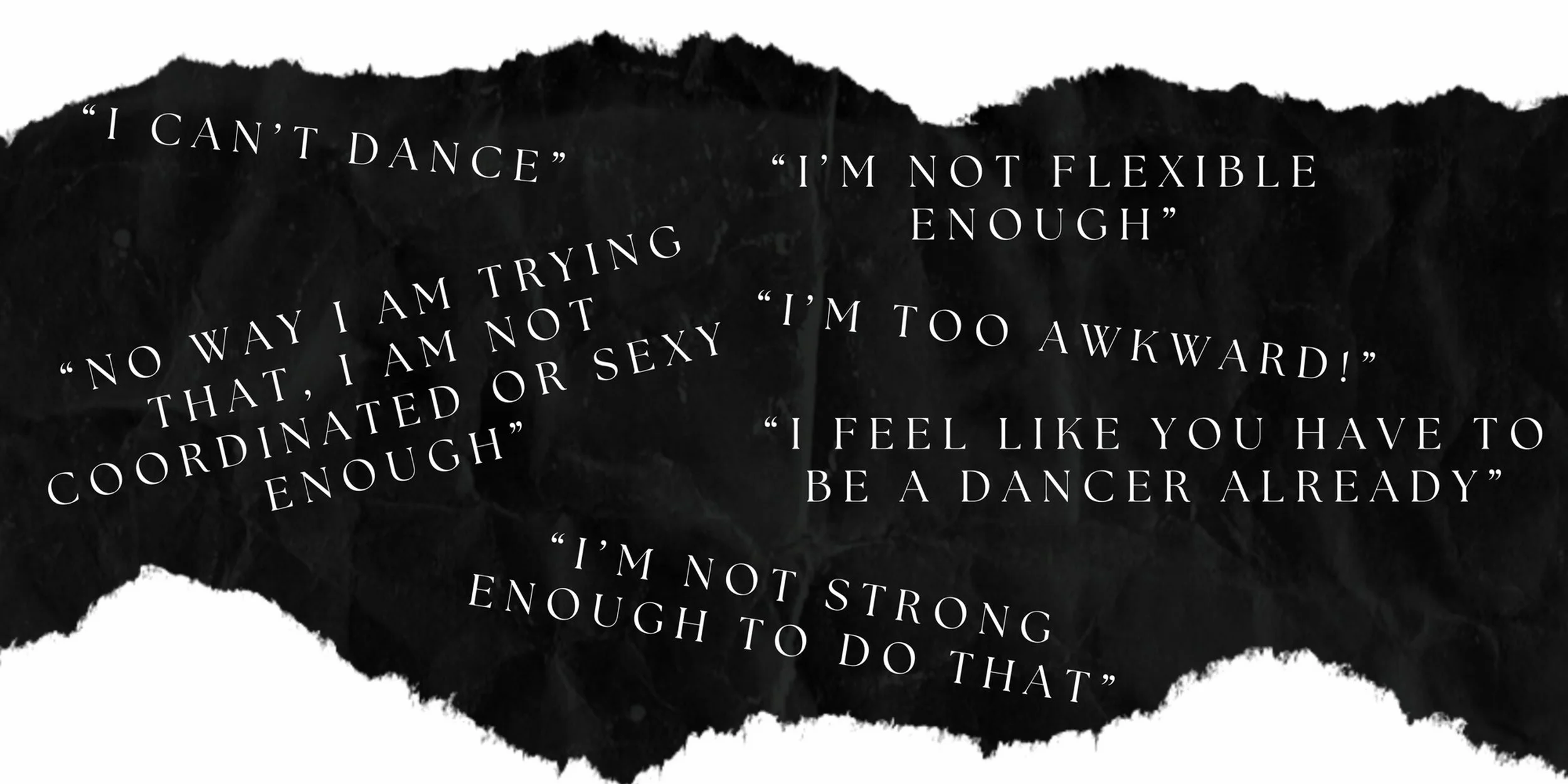Blog—The Iconic Journals

Pole Dance and Sex Work: An Occasionally Unhappy Marriage
Pole Icons Chicago is a premier destination for pole dancing enthusiasts, offering expert instruction for all skill levels in a supportive and inclusive environment. With state-of-the-art facilities and a team of passionate instructors, it provides comprehensive classes that blend dance, artistry, and empowerment. Whether you're a beginner or a seasoned performer, Pole Icons Chicago fosters growth, confidence, and community through movement.

Discovering the Art of Pole Dance in Chicago: A Beginner's Comprehensive Guide
Pole Icons Chicago is a premier destination for pole dancing enthusiasts, offering expert instruction for all skill levels in a supportive and inclusive environment. With state-of-the-art facilities and a team of passionate instructors, it provides comprehensive classes that blend dance, artistry, and empowerment. Whether you're a beginner or a seasoned performer, Pole Icons Chicago fosters growth, confidence, and community through movement.